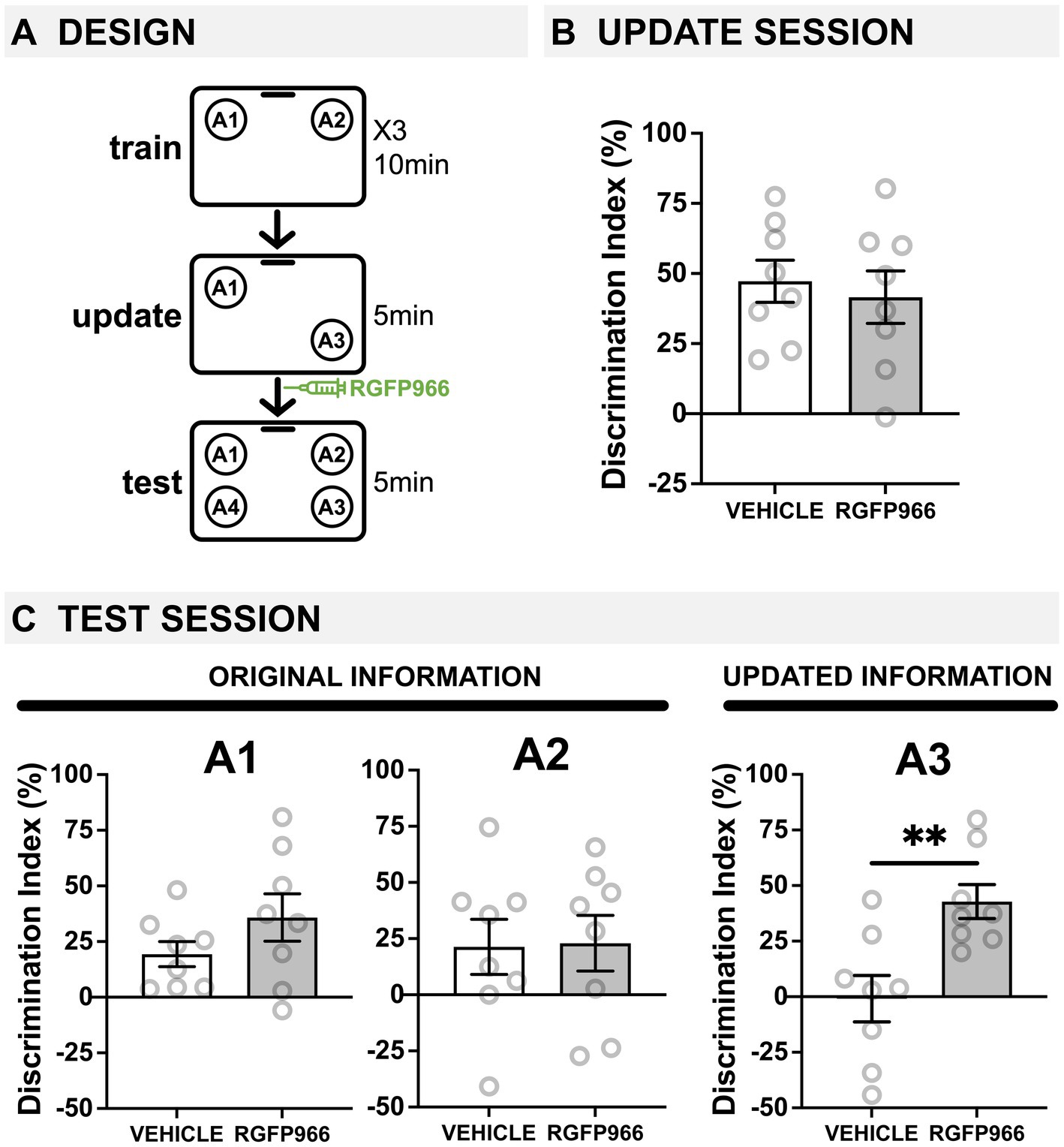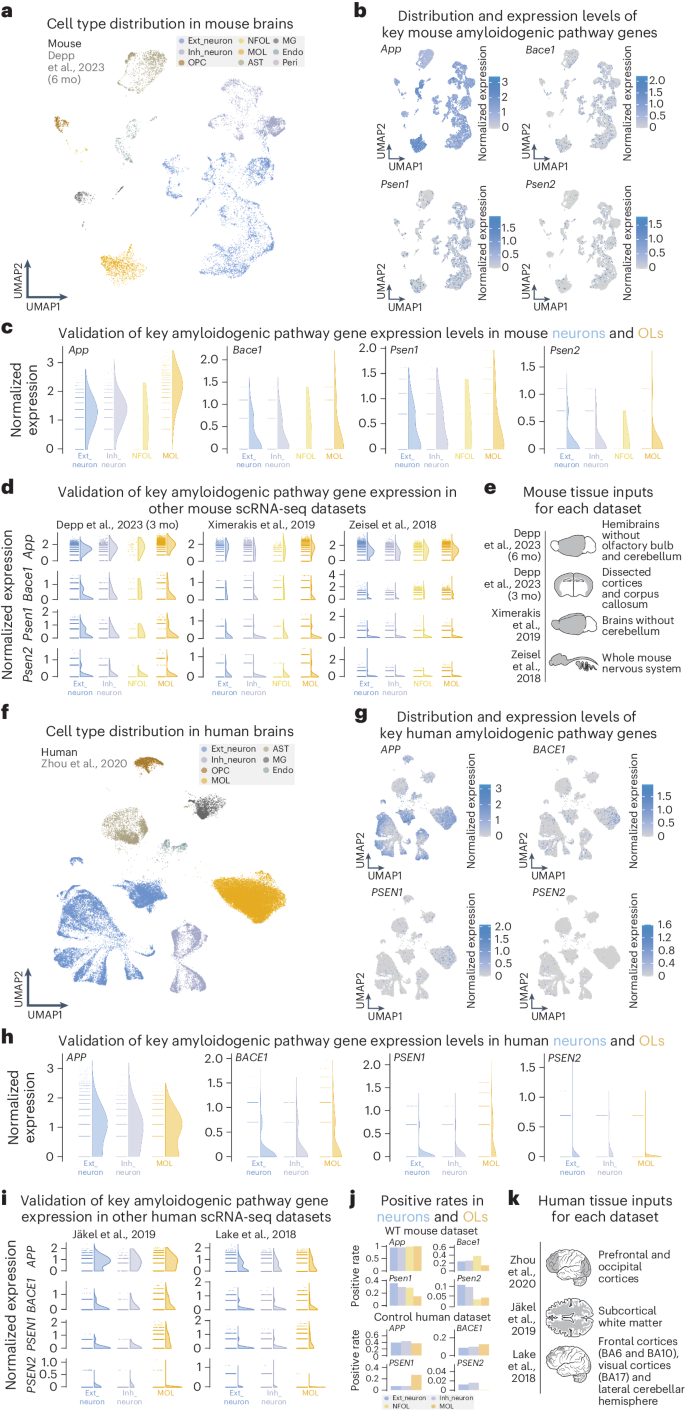2024-08-09 ペンシルベニア州立大学(PennState)
<関連情報>
- https://www.psu.edu/news/research/story/memory-problems-old-age-linked-key-enzyme-study-mice-finds/
- https://www.frontiersin.org/journals/molecular-neuroscience/articles/10.3389/fnmol.2024.1429880/full
薬理学的HDAC3阻害は、若齢および老齢の雄マウスにおける記憶の更新を変化させる
Pharmacological HDAC3 inhibition alters memory updating in young and old male mice
Chad W. Smies,Lauren Bellfy,Destiny S. Wright,Sofia G. Bennetts,Mark W. Urban,Chad A. Brunswick,Guanhua Shu,Janine L. Kwapis
Frontiers in Molecular Neuroscience Published:26 June 2024
DOI:https://doi.org/10.3389/fnmol.2024.1429880

Long-term memories are not stored in a stable state but must be flexible and dynamic to maintain relevance in response to new information. Existing memories are thought to be updated through the process of reconsolidation, in which memory retrieval initiates destabilization and updating to incorporate new information. Memory updating is impaired in old age, yet little is known about the mechanisms that go awry. One potential mechanism is the repressive histone deacetylase 3 (HDAC3), which is a powerful negative regulator of memory formation that contributes to age-related impairments in memory formation. Here, we tested whether HDAC3 also contributes to age-related impairments in memory updating using the Objects in Updated Locations (OUL) paradigm. We show that blocking HDAC3 immediately after updating with the pharmacological inhibitor RGFP966 ameliorated age-related impairments in memory updating in 18-m.o. male mice. Surprisingly, we found that post-update HDAC3 inhibition in young (3-m.o.) male mice had no effect on memory updating but instead impaired memory for the original information, suggesting that the original and updated information may compete for expression at test and HDAC3 helps regulate which information is expressed. To test this idea, we next assessed whether HDAC3 inhibition would improve memory updating in young male mice given a weak, subthreshold update. Consistent with our hypothesis, we found that HDAC3 blockade strengthened the subthreshold update without impairing memory for the original information, enabling balanced expression of the original and updated information. Together, this research suggests that HDAC3 may contribute to age-related impairments in memory updating and may regulate the strength of a memory update in young mice, shifting the balance between the original and updated information at test.

